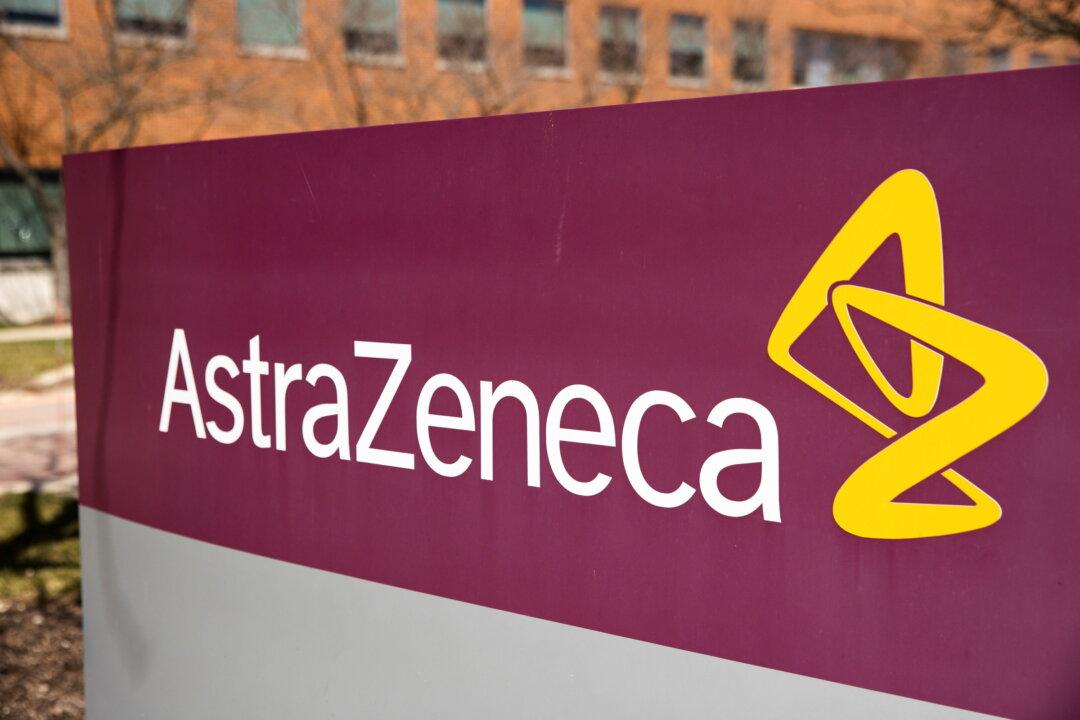A UK trial testing the COVID-19 vaccine developed by AstraZeneca and the University of Oxford on children and teenagers has been paused pending additional data from a probe by the UK’s medicines regulator on possible links with rare blood clotting issues in adults.
University of Oxford’s Prof. Andrew Pollard said that there were “no safety concerns” in the trial of 300 volunteers aged 6-17 years, but that it will wait for further data to be released from the Medicines and Healthcare Products Regulatory Agency (MHRA)—the UK drugs watchdog—before giving any further vaccinations.





